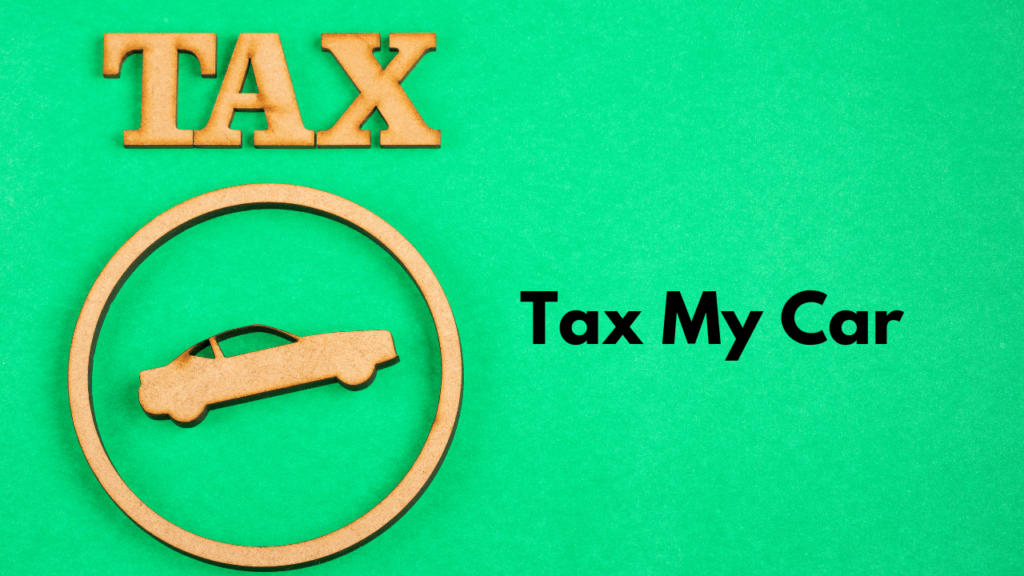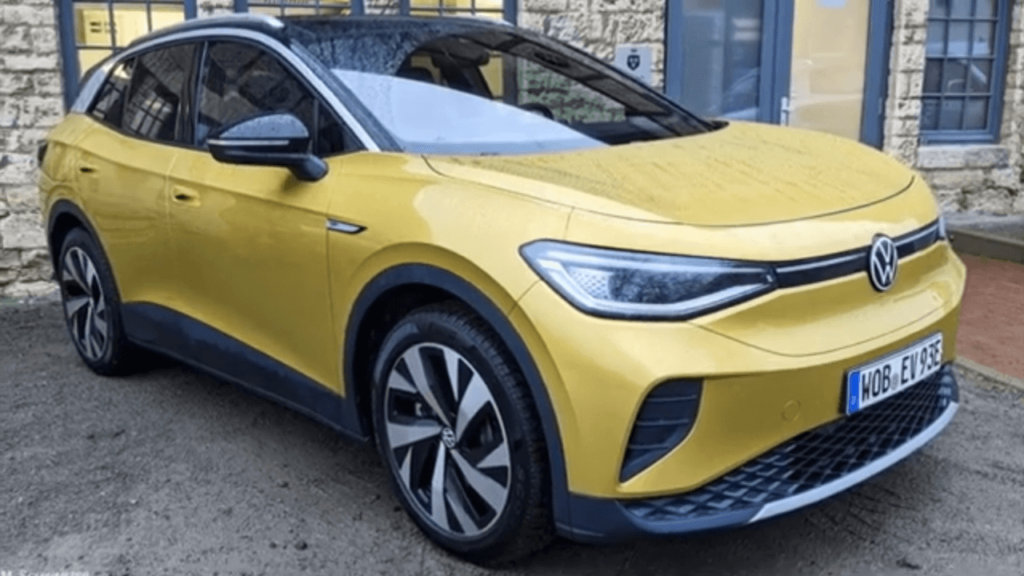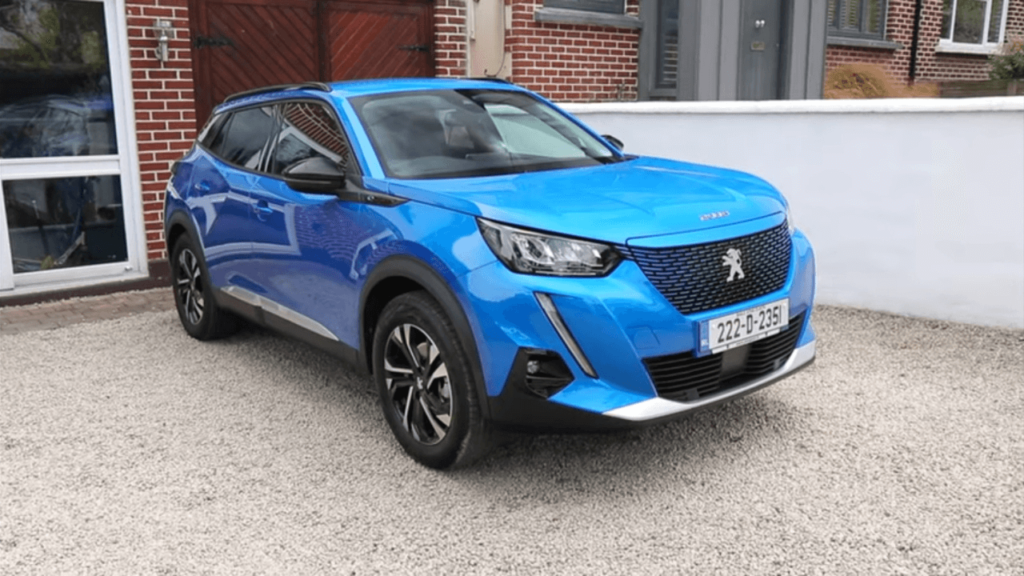Taxing a car in Ireland can be straightforward if you have all the required documents. However, situations arise where you might need to tax your car without the logbook (VRC or Vehicle Registration Certificate). This article will explain everything you need to know about taxing your car without a logbook in Ireland. We’ll provide step-by-step guidance, alternative options, and helpful tips to make the process easier.
What is a Logbook (VRC) in Ireland?
A logbook is an official document known as the Vehicle Registration Certificate (VRC). It includes critical information about the vehicle, such as:
- Vehicle owner’s name and address
- Registration number
- Vehicle make and model
- Engine size and other specifications
This document is essential for various purposes, including transferring ownership, taxing the vehicle, and more.
Can You Tax a Car Without the Logbook?
Yes, it is possible to tax your car in Ireland without the logbook, but there are specific steps and alternative documents you may need to provide. Below is a detailed breakdown of the process.
Steps to Tax Your Car Without the Logbook
1. Determine Why the Logbook is Missing
Understanding why you don’t have the logbook will help you choose the right course of action. Common reasons include:
- You lost the logbook.
- You bought a car, but the seller didn’t give you the logbook.
- The logbook is damaged or outdated.
2. Apply for a Replacement Logbook
If your logbook is lost or damaged, you can apply for a replacement from the National Driver and Vehicle File (NDVF). Here’s how:
- Form to Use:
Complete Form RF134, which is available at your local motor tax office or online on the Motor Tax Online website. - Cost:
The fee for a replacement logbook is €12. - Required Details:
- Vehicle registration number
- Owner’s details (name and address)
3. Use Form RF100A (If Necessary)
If you recently bought a car and don’t have the logbook yet, you may need to use Form RF100A to tax the vehicle. This form is used for first-time taxing or re-registering a vehicle.
4. Contact the Seller (If Applicable)
If you recently purchased the car but the seller didn’t provide the logbook:
- Contact the seller immediately and request the logbook.
- If the seller is uncooperative, you may need to report this to the National Vehicle and Driver File (NVDF).
5. Visit Your Local Motor Tax Office
If you cannot resolve the issue through the above steps, visit your local motor tax office. Explain your situation, and they will guide you on the best approach.
Alternative Documents for Taxing Your Car
If you don’t have the logbook, these documents may help:
| Document Type | When to Use |
|---|---|
| Form RF134 | When the logbook is lost or damaged |
| Insurance Certificate | To prove the car is insured, which is mandatory for taxing |
| Proof of Address | To verify your ownership if the logbook is unavailable |
| Bill of Sale/Receipt | To prove ownership if you recently bought the car |
| Vehicle Identification Number (VIN) | Required for additional verification in some cases |
Common Scenarios and Solutions
1. Lost Logbook
- Apply for a replacement using Form RF134.
- Provide proof of identity and vehicle ownership.
2. Buying a Car Without a Logbook
- Ask the seller for the logbook.
- If unavailable, use a receipt or bill of sale as temporary proof.
- Apply for a new logbook in your name.
3. Taxing Online Without a Logbook
- Online taxing requires specific PINs or details from the logbook. If you don’t have them, you’ll need to tax the car through a motor tax office.
How to Avoid Issues in the Future
1. Keep Your Logbook Safe
- Store it in a secure location to prevent loss or damage.
2. Verify Documents When Buying a Car
- Always request the logbook during the purchase. Ensure the seller signs and dates the transfer section.
3. Update Your Details Promptly
- If you move to a new address or sell your car, update the logbook immediately.
Example Cost Table for Car Tax (2025 Rates)
| Engine Size (cc) | Annual Tax (€) |
|---|---|
| 0 – 1000 cc | €199 |
| 1001 – 1400 cc | €280 |
| 1401 – 1700 cc | €350 |
| 1701 – 2000 cc | €710 |
| Over 2000 cc | €1200 |
Frequently Asked Questions (FAQs)
1. Can I tax my car online without the logbook?
- No, online car tax renewal usually requires a PIN or details from the logbook. If you don’t have the logbook, you’ll need to visit a motor tax office with alternative documents.
2. What is Form RF134, and when do I use it?
- Form RF134 is used to declare a lost, stolen, or damaged logbook. It’s required to apply for a replacement logbook and must be stamped by a Garda before submission.
3. How much does it cost to replace a logbook?
- The fee for replacing a logbook in Ireland is €12.
4. How long does it take to get a replacement logbook?
- It typically takes 5-10 working days for a replacement logbook to be issued and sent to you.
5. Can I tax a car I just bought without a logbook?
- Yes, if you recently bought the car, you can use Form RF100A along with proof of purchase and insurance to tax the vehicle.
6. Do I need insurance to tax my car?
- Yes, a valid motor insurance certificate is mandatory to tax a car in Ireland.
7. What should I do if the seller didn’t give me the logbook?
- Contact the seller and request the logbook. If they refuse, you may need to apply for a replacement logbook in your name using Form RF134 and a bill of sale.
8. Can I drive my car while waiting for the logbook replacement?
- You can drive your car legally if it’s taxed, insured, and has a valid NCT (if required). Ensure you have alternative documents to prove ownership and compliance.
9. Is there a penalty for not having a logbook?
- There is no direct penalty for not having a logbook, but it’s essential for tax renewal, ownership transfers, and other legal processes.
10. Where can I get the forms needed for taxing a car without a logbook?
- You can download the forms (RF134, RF100A) from the Motor Tax Online website or collect them from your local motor tax office.
11. What documents do I need to tax my car in person?
- Depending on your situation, you may need:
- Insurance certificate
- Proof of identity (passport or driver’s license)
- Proof of address (utility bill or bank statement)
- Completed RF134 or RF100A form
12. Can I sell a car without a logbook?
- Technically, yes, but it is not recommended. The logbook is necessary to transfer ownership to the buyer officially.
13. What happens if I don’t tax my car?
- Driving an untaxed car in Ireland can result in fines and legal penalties. It is also illegal to park an untaxed vehicle on a public road.
14. What should I do if I’ve moved and my logbook has the wrong address?
- Update your address on the logbook by filling out the appropriate section and sending it to the Department of Transport.
15. Can I use the car tax disc from the previous owner?
- No, car tax is non-transferable. You must tax the vehicle in your name once you become the registered owner.
Conclusion
While having the logbook makes the car taxing process smoother, you can still tax your car in Ireland without it by following the proper steps. Whether you’ve lost your logbook, bought a car without one, or face other issues, alternative solutions are available.

Hi, I’m Tanvir, the founder and author of Explore Ireland Now. With a deep love for Ireland and its rich culture, history, and landscapes, I created this site to share everything that makes this beautiful country worth exploring. Whether you’re a local looking for hidden gems or a traveler planning your next adventure, I provide insightful guides, tips, and recommendations to help you experience Ireland to the fullest.
From stunning landscapes to vibrant cities and quaint villages, Ireland is full of wonders waiting to be discovered. Through my personal experiences and research, I aim to bring you the most up-to-date information and inspiration for your journey.
Thank you for visiting Explore Ireland Now—I hope my content helps you uncover all that this incredible country has to offer! If you have any questions or need travel advice, feel free to reach out.



